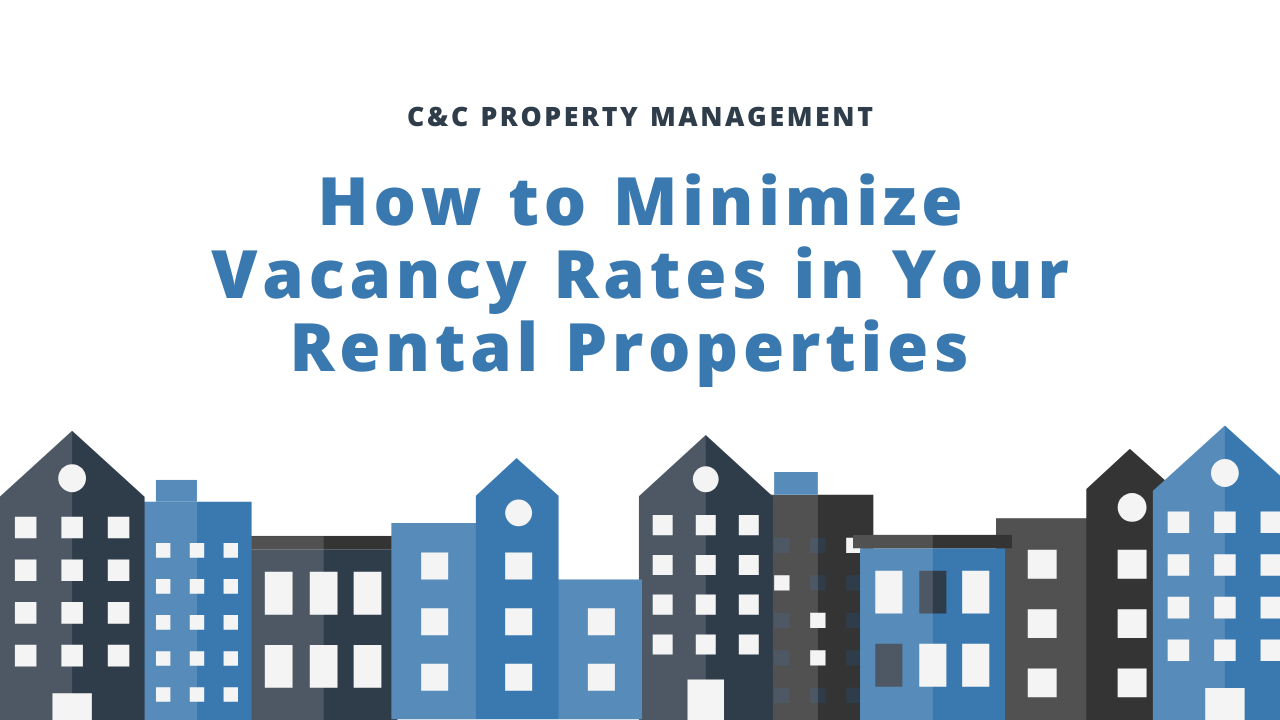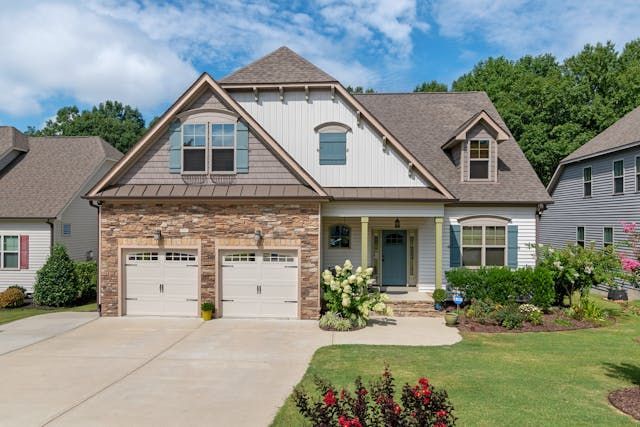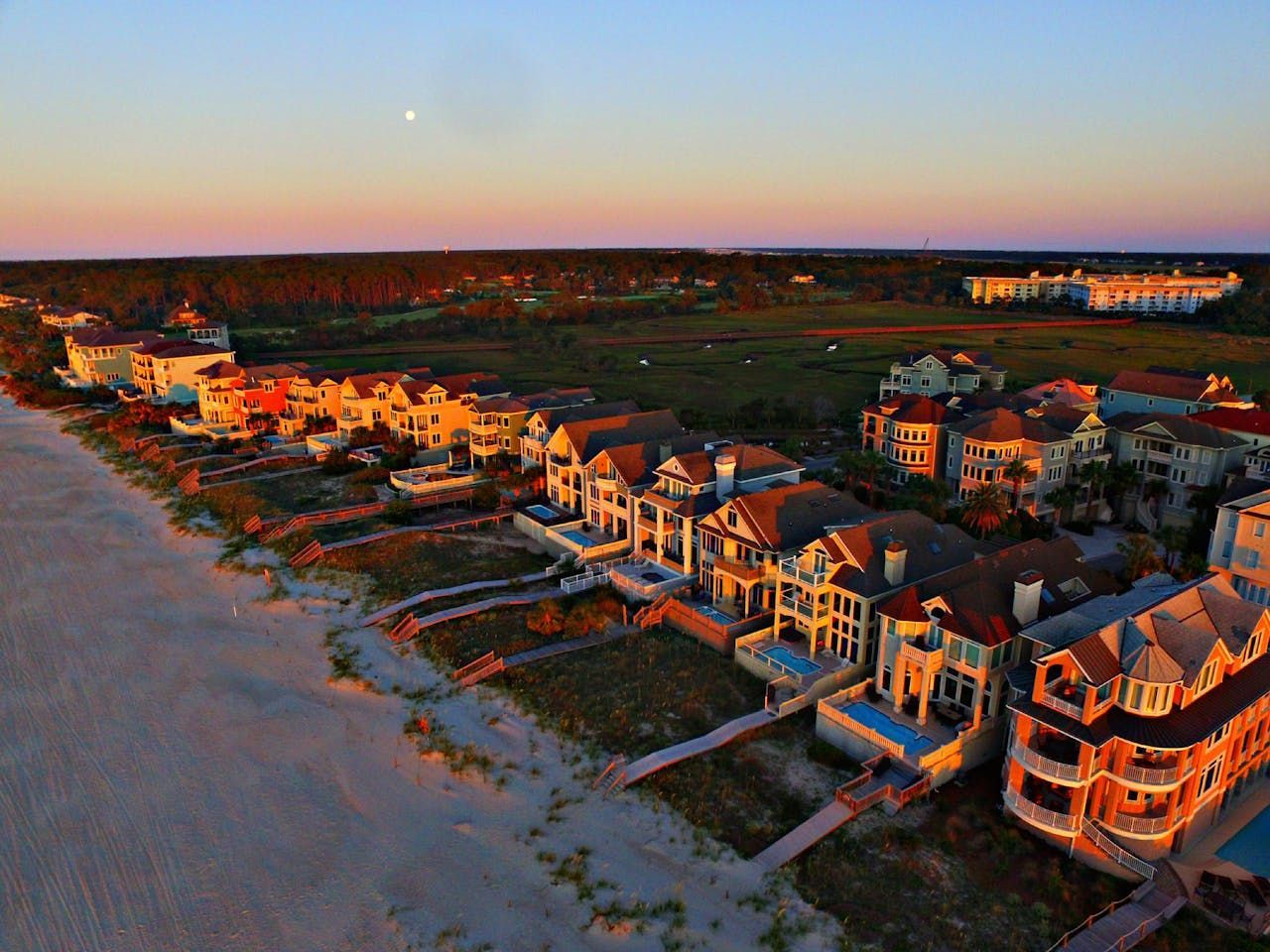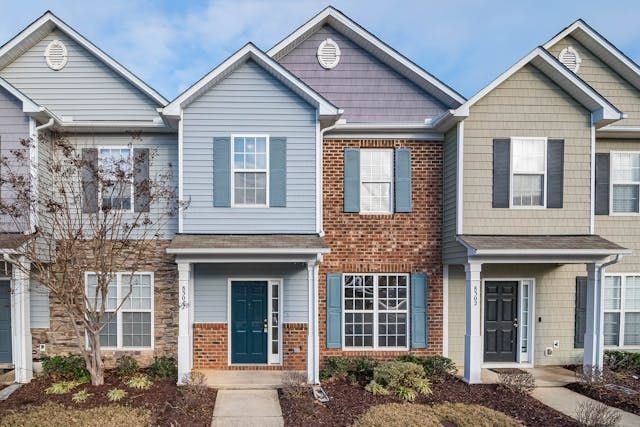How to Minimize Vacancy Rates in Your Rental Properties

Key Takeaways:
- Retaining Reliable Tenants Is Key to Reducing Vacancies: Encouraging lease renewals through small upgrades, responsive service, and tenant-friendly policies helps keep great renters long-term and reduces costly turnover.
- Accurate Rent Pricing and Consistent Marketing Drive Occupancy: Setting the right rent with market insight and maintaining a professional, ongoing marketing presence ensures your property stays competitive and visible to renters.
- Property Maintenance and Upgrades Boost Appeal: Promptly handling maintenance requests and refreshing worn-out elements (like flooring, paint, and fixtures) improves tenant satisfaction and makes the unit more attractive to new renters.
Rental vacancies are profit killers. As a landlord, you won’t be able to optimize your ROI if you’re constantly struggling with rental vacancies.
Every day your property remains unoccupied, it means you’re bleeding money. Extended vacancies are especially disastrous to the bottom line.
Just because your property is sitting vacant doesn’t mean there are zero ongoing costs. You’ll still have to pay for the mortgage, property taxes, insurance costs, and repair and maintenance costs.
In this article,
C&C Property Management will walk you through some tips to minimize your vacancy rate and optimize your rental income.
6 Tips to Minimize Vacancy Rates in Your Rental Properties
1. Encourage Longer Lease Terms
If you already have a reliable tenant in place, make sure to keep them for as long as possible. A great tenant is one who possesses the following qualities.
- Pays rent on time, every month.
- Abides by the terms of the lease.
- Notifies you of issues as soon as they occur.
- Cares for the property like they would their own.
But, how exactly do you encourage a tenant to renew their lease with you? Consider making upgrades to the unit, for instance. You could also relax your pet policy if you currently reject them.
2. Create a Good First Impression at Move-In
First impressions are everything! And it’s usually a recipe for a solid
landlord-tenant relationship.

When a tenant is first moving into the property, strive to make the experience as smooth for them as possible. The following are some of the things you could do to make a great first impression.
- Clean the unit thoroughly.
- Provide the tenant with some refreshments and snacks during the move-in process.
- Provide the tenant with a map of the neighborhood to help make the settling process a cinch.
- Take the tenant through the lease and answer whatever questions they may have.
Moving isn’t fun. Some studies even rank it among other top life stressors, such as divorce, so setting a positive tone right from the start can make or break a landlord-tenant relationship.
3. Handle Issues Quickly
Maintenance is often one of the top reasons tenants move out. Failing to handle issues quickly often leaves a tenant in an uncomfortable living situation.
As a landlord, make sure you respond to issues as promptly as you can. You’ll also want to keep the tenant in the loop from start to finish to show them that you care for their well-being.
Aside from helping with retaining tenants, promptly handling issues can also help ensure the property looks its best.
4. Charge the Right Rent Amount
Don’t make the mistake of either undercharging or overcharging tenants. If you undercharge tenants, you’re not optimizing your ROI and you’re leaving money on the table.

On the other hand, if you overcharge tenants, it may make it harder for you to rent out the property. Consequently, you may have extended vacancy periods.
Ideally, work with an expert property manager in this regard. They usually keep tabs on the prevailing market conditions and have tools to ensure you find the rent price sweet spot. You can also count on their help to adjust it accordingly every year.
5. Market the Property Consistently
Another way to minimize vacancy rates in your rental property is professional marketing. Don’t stop marketing your property after placing a tenant; do so on an ongoing basis.
When creating a listing, focus on three essential things: the headline, photos, and the summary description. Make sure they are detailed and provide prospective tenants as much relevant information as possible.
The headline is the first thing that prospective tenants will see when browsing the listing. Therefore, make it catchy and detailed to increase the open rates.
For the photos, ensure their quality is top-notch by using a quality camera. Also, make sure you have captured all the important rooms of the house. You may even want to film a video tour of the property.
Next, write an engaging and detailed, yet concise, summary description. Let the tenant know about crucial things like the property type, location, rent amount, and the features that make it stand out from the competition.

6. Hire a Property Manager
Marketing your rental property doesn’t have to feel like a chore. It can be, especially if you’re still new to being a landlord or have a growing investment portfolio.
An experienced property manager can help handle everything for you so you can focus on other important things. They can help you:
- Stage your home before the filming.
- Advise you on any upgrades you could make to the unit to make it pop.
- Shoot a professional film.
- Write a proper video description for SEO and maximum engagement.
- Distribute the ad to different platforms for maximum reach.
What’s more, a full-service property manager can help manage every aspect of your rental property. From the legal aspects, to tenant screening, to property maintenance and repairs, and everything in between.








